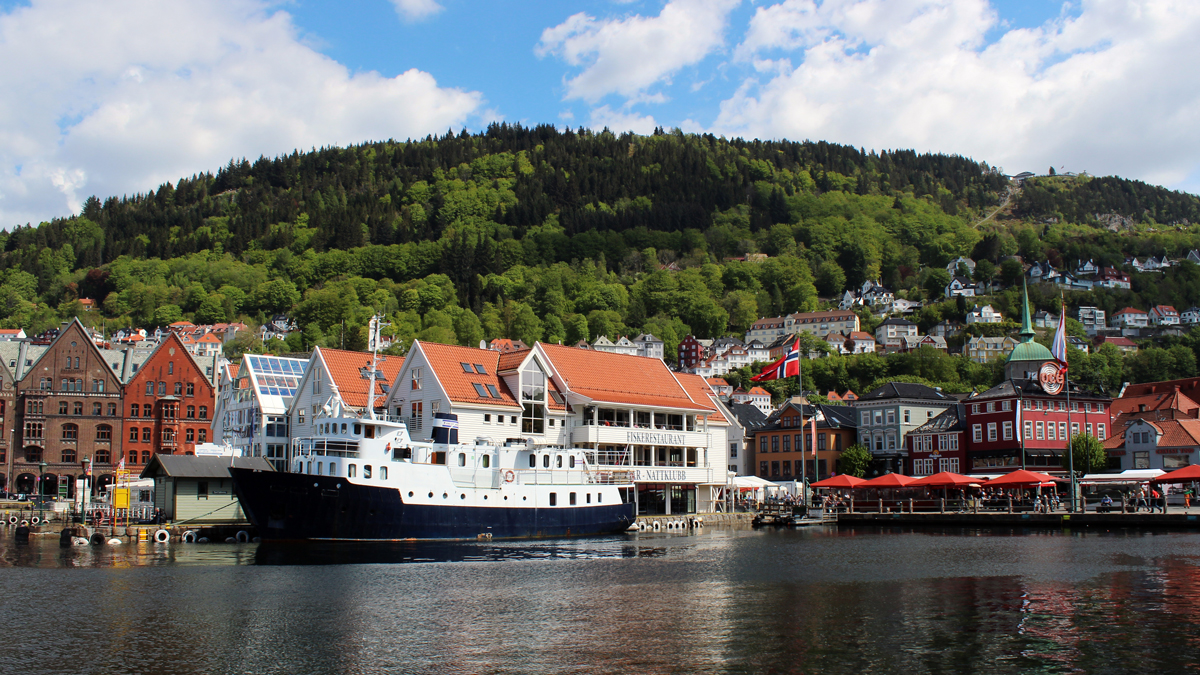
How to capitalize sustainably on fish trade to support developing countries bouncing back post COVID19 pandemic and subsequent crises?
The ocean economy and fish trade are interconnected aspects that play a significant role in the global economy, food security, and the livelihoods of millions of people around the world. The overall value of ocean economy ranges $3-6 trillion per year. The ocean economy and fish trade are dynamic and evolving areas influenced by factors like technological advancements, changing consumer preferences, environmental concerns, and geopolitical developments. Sustainable management and responsible trade practices are crucial to ensure the long-term viability of these sectors and the preservation of marine ecosystems.
Fish trade involves the buying and selling of fish and fishery products, both within countries and across international borders. It is a crucial component of the ocean economy and global food systems. Fish trade includes not only the trade of fresh fish but also processed and value-added products such as frozen fish fillets, canned fish, fish oil, and fish-meal. The export value of ocean-based goods – including fisheries, seafood, ships, and port equipment – and services – such as shipping and coastal tourism – was estimated at $1.6 trillion in 2021.
The ocean economy offers vast opportunities for developing countries to foster innovative and resilient economies and accelerate trade through the adoption of socially and environmentally sound practices. Some countries have a high demand for fish but lack sufficient domestic supply due to over fishing, environmental issues, or limited fishing grounds. As a result, they rely heavily on imports and/or government support to meet their needs. An estimated $35 billion of government subsidies go to fishing activities around the world. The impact of this money on fish stocks and ocean sustainability depends on how it is used.
The Trade and Environment Review 2023, “Building a sustainable ocean economy”, examines and analyzes several emerging topics, including the sustainable fisheries, aquaculture and seaweed sectors, as levers for a sustainable economic recovery; fisheries subsidies and non-tariff measures reform; the decarbonization of shipping and maritime supply chains; and the impact plastic pollution the food chain.
The report offers a bottom-up list of action and policy recommendations to forge a new relationship with the marine environment and build a more sustainable and resilient ocean economy beyond 2030 which will be discussed during this side event.
Objective
The session will present the Trade and Environment Review 2023 considering contemporary trends in fish trade and identify policy gaps and barriers hindering developing countries’ active participation to the international fish trade in a sustainable fashion and to question how the Global ‘Blue Deal’ can urgently protect livestock while providing investment opportunities in fish resources.
Tentative Agenda
Moderator:
Mr. Audun Lem, Deputy Director of the Fisheries and Aquaculture Division, FAO
Speaker:
Mr. David Vivas Eugui, Chief of Section, Trade Environment and Sustainable Development Branch, UNCTAD
Commentators:
Ms. Mariana Toussaint, Fishery Officer, FAO
Mr. Ivan Lopez van der Veen, Representative, Europeche ICFA
Related
Topic
 Trade and environment
Trade and environment
Programme
Contact
Mr. David Vivas-Eugui, David.vivaseugui@unctad.org
Ms. Sophie Hunter, sophie.hunter@un.org



